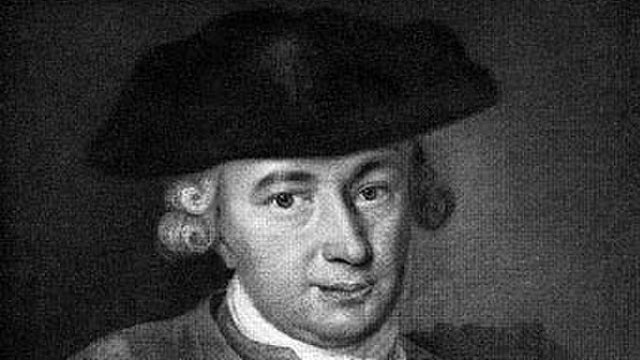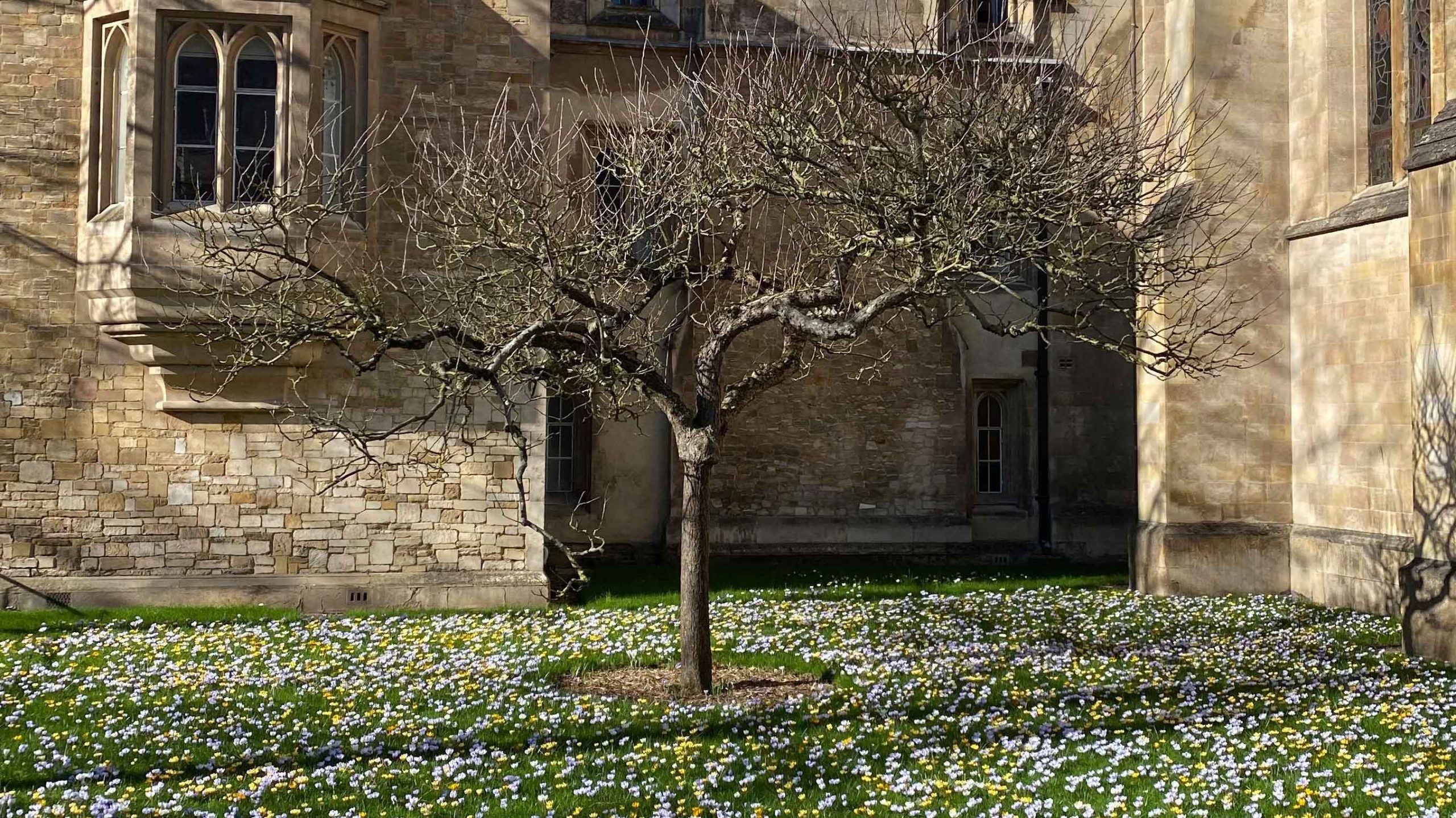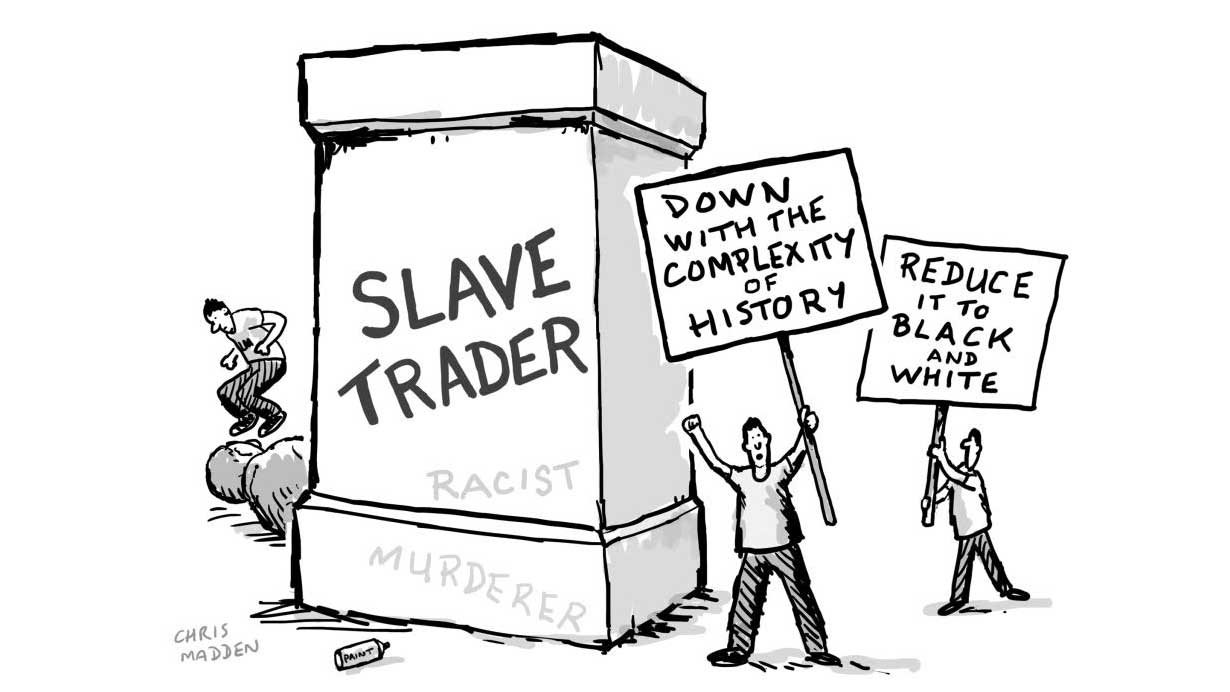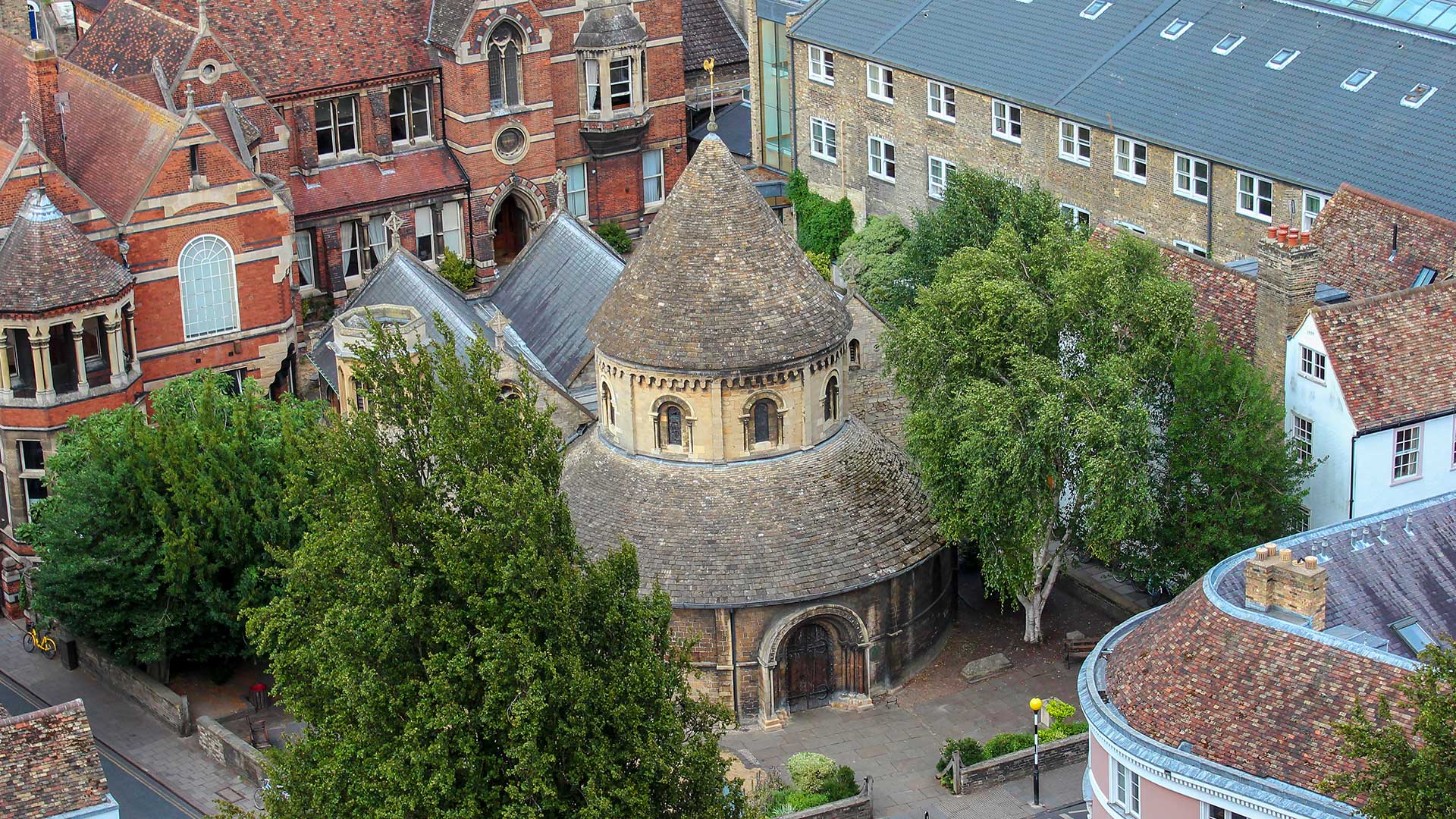Christian Heritage Webinar – The Radical Christian Enlightener: Exploring the Subversive Thought of Johann Georg Hamann
Johann Georg Hamann is the key Enlightenment thinker that you don't generally get to hear about. He had critiqued Immanuel Kant's Critique of Pure Reason before that seminal work was even published. He analysed the key, self-defeating weaknesses in Moses Mendelssohn's capitulation to a secular worldview, and predicted the danger that this would lead to for the Jewish people in Germany. He was admired by Goethe, Schelling, Schlegel, and Kierkegaard, and was a significant inspiration to that great man's philosophical work. In this webinar, Dr John Betz (University of Notre Dame) talks about how Hamann is a great example of how Christians engage thoughtfully with culture, and asks whether he could be a model for us as we seek to be salt and light in a collapsing society. ...











